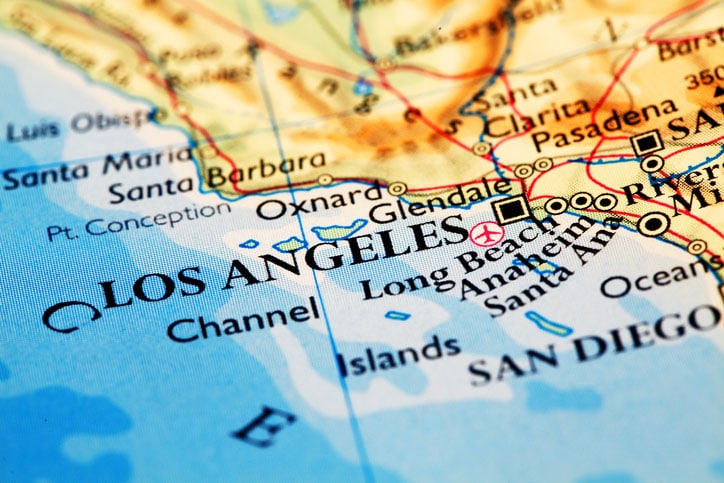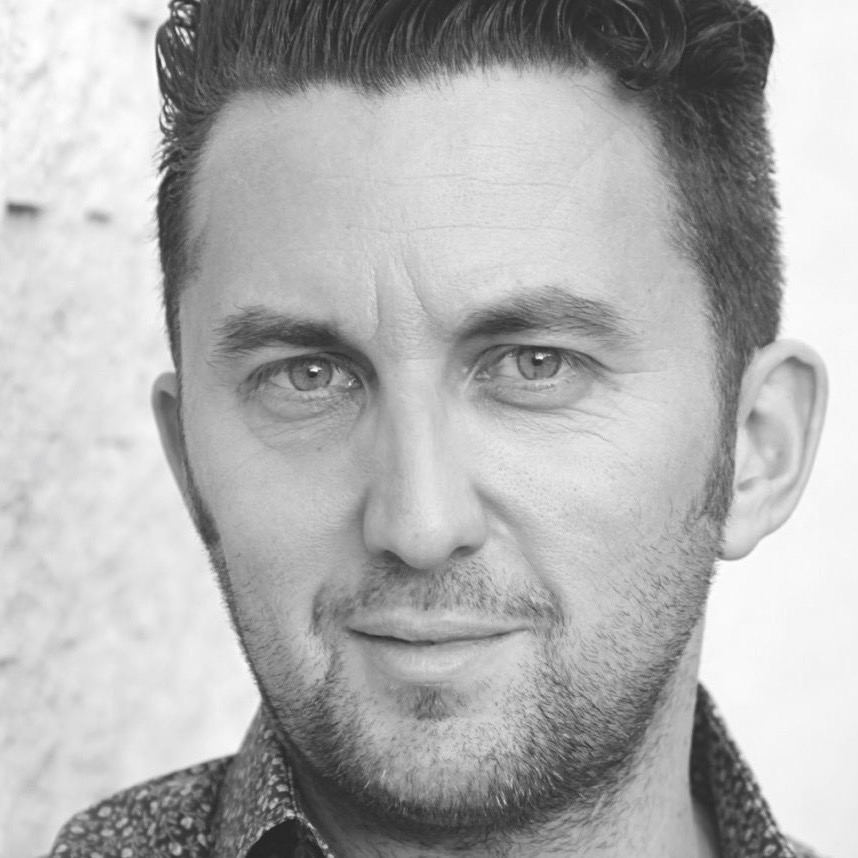
Visiting the Holy Land is a special experience, and on my first few trips to Israel I stepped off the plane and kissed the tarmac. It may have been a Pope Delusion Syndrome although I was soon hailing cabs rather than hailing Marys. I recently had that first-time feeling all over again when I finally reached the other Promised Land. I stepped off a plane, cried with joy, wore a beaming smile and gazed upon the passport control customs line at LAX. I was ready to step outside, prostrate myself by the hotel shuttle bus pickup and kiss the gleaming Angeleno asphalt.
Most people in America think that the restrictions are over and that the country is completely free. Friends say “things are back to normal,” but the majority of people don’t realize that the U.S. still has a one-way locked entry. While Americans are free to visit foreign states like Britain, it is a non-reciprocal privilege. You can visit us, but we can’t visit you. Even the majority of U.S. visa holders can’t enter the country. Last month I had my passport updated with a new O1 visa—the category for “an alien of unique and extraordinary ability,” but that wasn’t enough to get past U.S. customs. I also had my passport stamped with a “National Interest Exception for all Presidential Proclamations on Novel Coronavirus.” I can now state, with complete humility, that you are reading words written by a “unique and extraordinary alien” who is exceptionally, nationally interesting.
It really was a thrill to finally land back in Los Angeles. I couldn’t stop smiling as I walked past customs and stepped outside. I marveled at the breeze as it shook the branch of a palm tree, and took a deep inhale to feel the Los Angeles ether enter my nostrils and fill my lungs. The sweet polluted air of home never smelled so good.
It really was a thrill to finally land back in Los Angeles. I couldn’t stop smiling as I walked past customs and stepped outside.
Having left in August 2020, this was the first time that I had set foot in Biden’s America. Thomas Wolfe’s 1940 posthumously published novel was famously titled “You Can’t Go Home Again,” and it’s a question as to whether we really can go back home after we have been away for a long time, and what we will find. It was a culture shock landing back in Britain mid-pandemic and walking through rural English shopping districts where there wasn’t a single window that had been smashed in. The best way of smoothing the transition from Los Angeles would have been to spray some BLM graffiti on the local police station and at least it would have felt like home.
I’d heard many times that “Los Angeles has changed and this isn’t the city you remember,” even though it had only been a year. I expected to see a war zone. Last year, the city was in a devastating state. Shops were boarded up across town, and there was graffiti everywhere. There were broken windows that gave testimony to the riots. Two blocks of Santa Monica’s shopping district looked post-apocalyptic, with every storefront closed down and covered in political street art. Homelessness had spiraled out of control.
The vagrant situation had become intense by last summer and it looked like much of the city had become a national park, with camping zones springing up under every underpass and in front of stores that were closed due to the pandemic. And yet, if anything the city looks even better than it did before, since Mayor Garcetti’s strategy to combat homelessness has been enforced and his proposed $791 million cleanup plan is underway. Right now there are fewer tent encampments in certain areas of Los Angeles than there were last summer, although other suburbs still have some way to go. This doesn’t mean that conditions have improved for the actual homeless people who have been moved elsewhere, but the social policy is underway, the streets look cleaner, and it’s another sunny day in Southern California.
The city looked the same from the outside, although it during Shabbat it quickly became apparent that things were different. Most synagogues were half-empty since people had not returned after the lockdowns. Various friends have relocated to other cities, and several families from synagogue recently moved en masse to Atlanta, having taken that Midnight Train to Georgia.
The difference is that Los Angeles is different from every other city. Each day there are new people who arrive in town with their hopes and dreams. Life may have changed, but it’s still one of the most exciting places on the planet, and I’m just grateful to have that visa.
Marcus J Freed is an actor, writer and marketing consultant. www.marcusjfreed.com @marcusjfreed


































 More news and opinions than at a Shabbat dinner, right in your inbox.
More news and opinions than at a Shabbat dinner, right in your inbox.